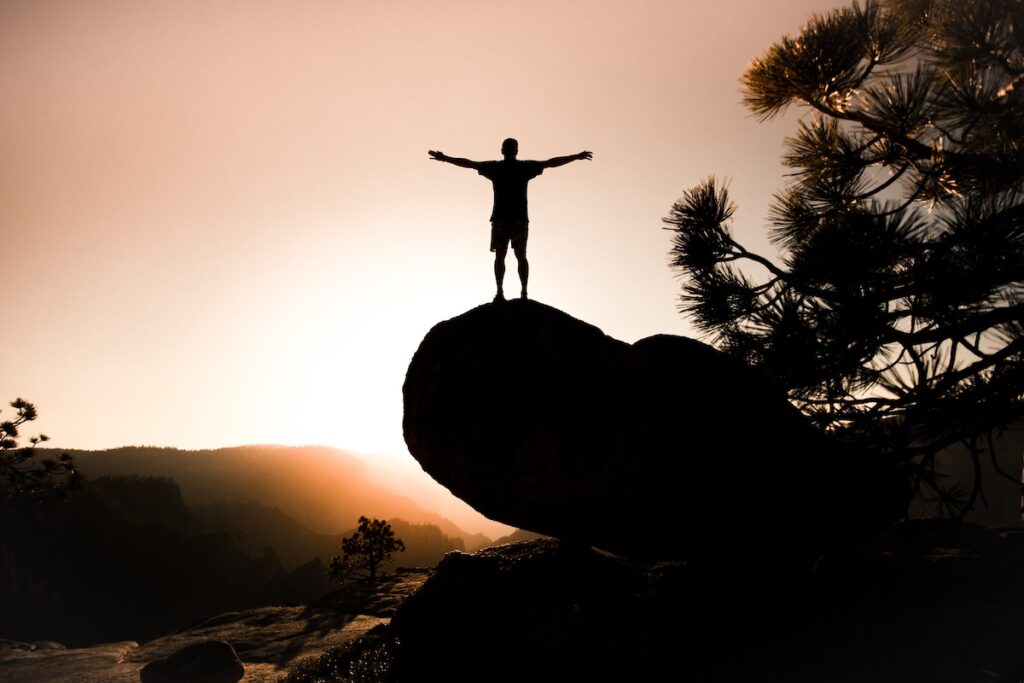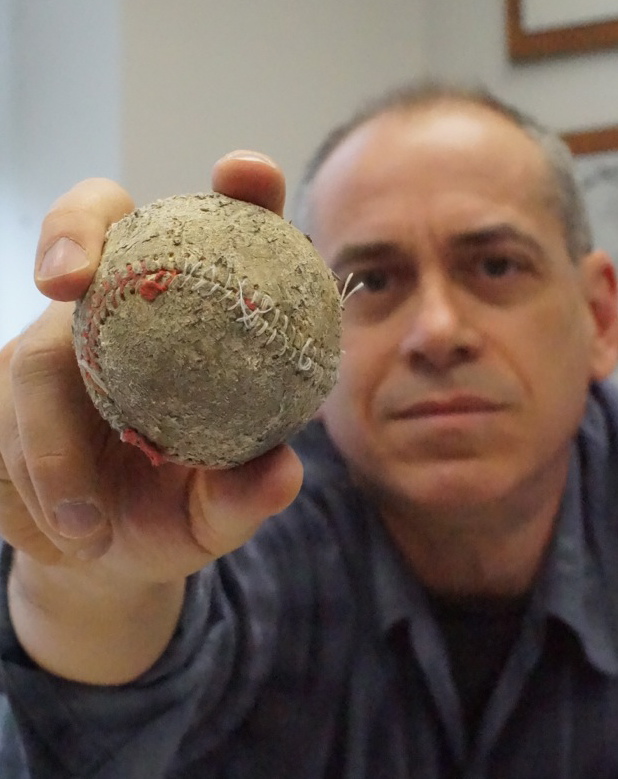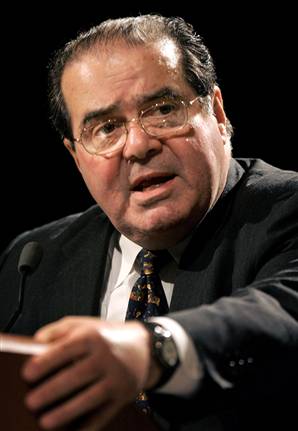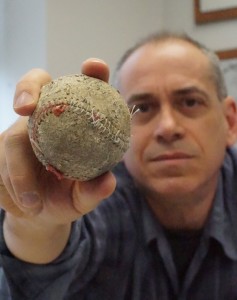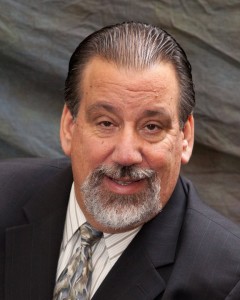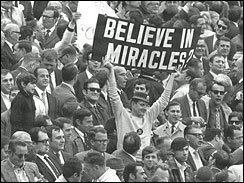Down in D.C. at the inaguration, poet Amanda Gorman rocketed to fame with her poem at the close. And deservedly so.
There is poetry, someplace, within all of us. Some just let it out better than others. Much, much better.
Even lawyers. At least those who don’t get stuck in the dreadful legalese that so many are taught.
Back today is our Master of Prose, appellate lawyer Jay Breakstone, with some words on a really important concept after an election, insurrection and inauguration: Freedom.
—————
There is a primal truth to human nature. We do not see danger until we walk to the edge of the cliff. Then, we build a fence, erect a sign, or cordon off that which can harm us. America is that kind of place and, perhaps by design, Americans are those kind of people. We do not have hundreds of years of governments, potentates or tribal chiefs to do our thinking for us. We’re the ones who have to walk to the edge of the cliff and see the danger for ourselves. It’s only then that the lightbulb goes off in the American mind: “Hey, someone can get hurt here.”
The relief we felt on Inauguration Day was that we stepped back from the cliff, identified the danger, and now we’re going to do something about it. Why? Because we got scared. Boy, did we get scared. Constitution burning, Nuremburg Rally, crap-in-your-pants scared; It was dark, going down the cellar stairs with rats scurrying about scared; it was can this be the end of the dream scared.
So we, the wretched refuse, said that we wouldn’t. We wouldn’t fall off the cliff or let anyone else fall off either. We had done that before in our collective, immigrant histories and it wasn’t going to happen again. We wouldn’t let it. Not now. Not here. Not on streets still paved with gold. We didn’t have much choice; we couldn’t go back where we came from. So, as thick-headed, stubborn, clever Americans, we stood our ground at the edge of the cliff. It ends, we said, here. Not one more step.
And the skies cleared; and the sun shined. The miasma which had cloaked our very souls for four years lifted. Like a miracle, we saw the path away from edge of the cliff appear; and we Americans began the long journey together; a journey where we’ll bitch, and moan, and yell at each other, and laugh both at and with our neighbors, and in that wandering that is America, find our way once again. It seems inevitable that this experiment never end, for the result, in heaven’s great plan, is always the same: freedom.
